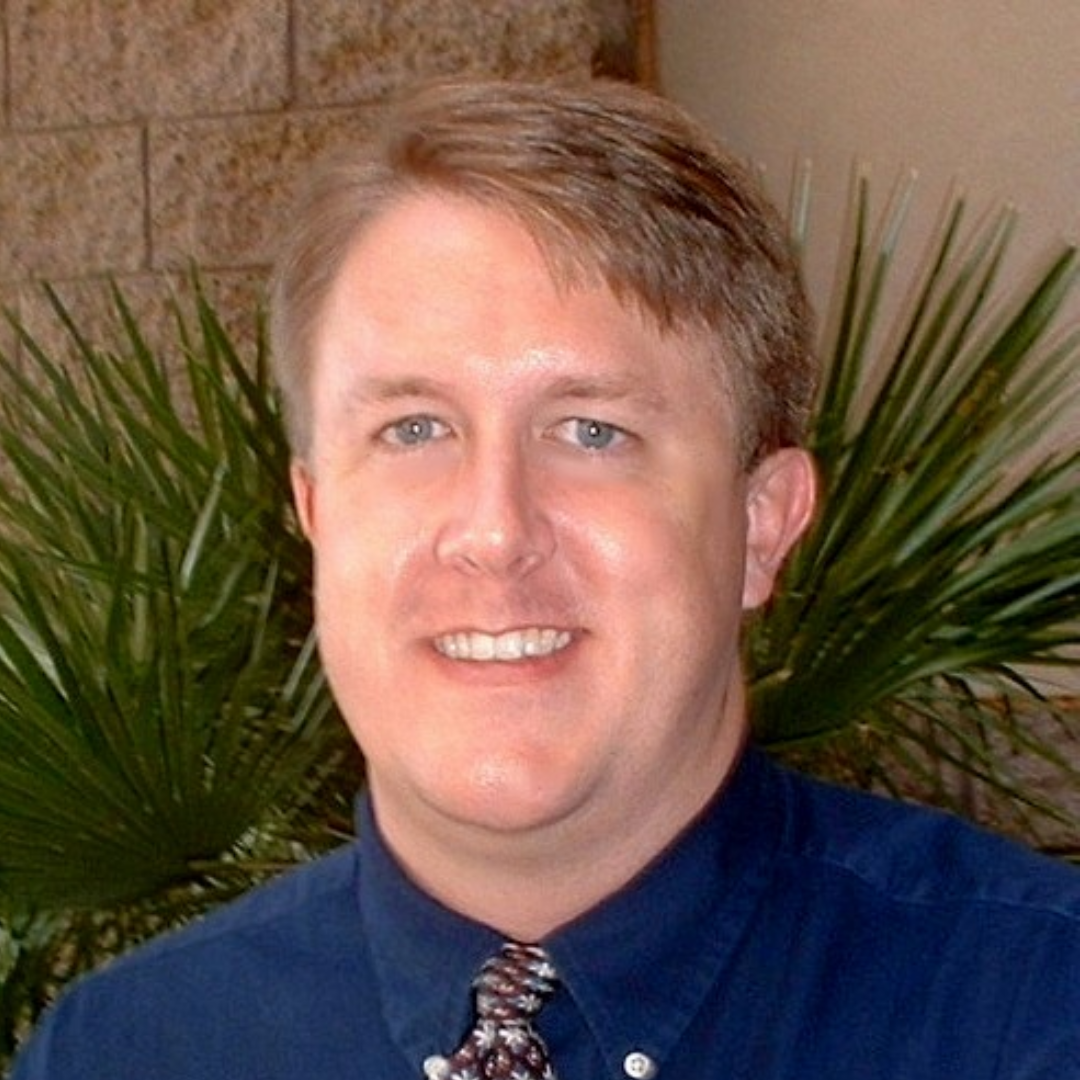Setting the stage
Think of a good practice management (PM) system as the conductor of an orchestra, ensuring every instrument plays in harmony to create beautiful music. In ambulatory medical practices, this system plays a crucial role in orchestrating the administrative tasks, patient care, and overall efficiency of the practice.The tempo
Smooth, timely communication is key, and that's where the PM system shines. It centralizes patient records, making them easily accessible to authorized personnel. Doctors and nurses can quickly view medical histories, prescriptions, and test results, enhancing patient care by providing a comprehensive picture of their health. Billing and insurance claims can be complex, but a good PM system simplifies the process. It accurately tracks services provided, streamlines billing, and minimizes errors, ensuring timely payments and reducing financial headaches.The rhythm
Remember the friendly receptionist, the beat of the practice, who knows everyone's name? The PM system takes that role to the digital realm. It sends appointment reminders, manages waitlists, and updates patients on test results, enhancing patient satisfaction and engagement all in the perfect cadence. It handles appointment scheduling, patient registration, and billing, reducing the administrative burden on your team. This means less time spent on paperwork and more time falling into the rhythm of patient-centric care.The sheet music
Efficiency is the name of the game. Everyone on the same page. The system optimizes resource allocation, assigning rooms and equipment appropriately, minimizing wait times, and maximizing the utilization of your practice's assets. Additionally, a good PM system is a trustworthy vault you can count on. It maintains patient confidentiality, adhering to privacy regulations and safeguarding sensitive information.Key instruments:
- Appointment scheduling: The system facilitates appointment scheduling and management, allowing staff to efficiently allocate slots, avoid overbooking, and send reminders to patients, reducing no-show rates.
- Patient registration and billing: PM systems store patient demographics, insurance information, and medical history, simplifying the registration process. It also handles billing and claims, ensuring accurate coding and timely submission, which leads to optimized revenue cycles.
- Electronic health records (EHR) integration: Integrating with EHR systems, a PM system provides a holistic view of patient data, enabling seamless sharing of information among healthcare providers and staff.
- Workflow optimization: By automating routine tasks like check-in, eligibility verification, and prescription refills, the system enhances staff productivity and reduces the chances of errors.
- Reporting and analytics: Practice managers can generate insightful reports on key performance indicators, helping in strategic decision-making and identifying areas for improvement.
- Regulatory compliance: A PM system aids in adhering to various regulatory requirements such as HIPAA, ensuring patient data security and privacy.
Just as a skilled conductor brings out the best in each musician, a robust PM system brings out the best in your practice's operations.





